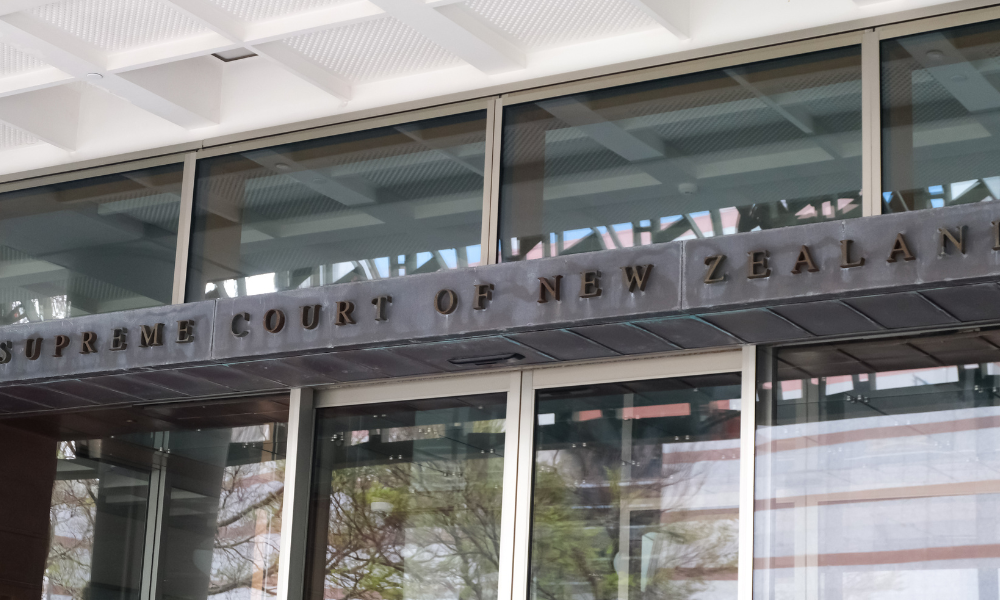
Each shift comprises more than one work period, Court of Appeal confirmed

New Zealand’s Supreme Court has dismissed a union’s application for leave to appeal in proceedings where the decisions below determined that bus drivers’ split shifts constituted two work periods under the Employment Relations Act 2000 (ERA).
In NZ Tramways & Public Passenger Transport Employees Union Wellington Incorporated v Tranzurban Hutt Valley Limited, [2025] NZSC 69, the applicant union represented the respondent’s bus driver employees. The parties had a collective agreement.
Many drivers had split shifts, which meant they worked for a period in the morning and a period in the afternoon when there was high demand for buses, with an extended time in between when they did not work.
Section 69ZC of the ERA provided the relevant definition of a work period for the purposes of part 6D. This definition would impact the length, number, and default timing of employees’ rest and meal breaks.
The issues between the parties were whether a work period was the same as a shift, including a split shift, and whether drivers were entitled to additional paid rest breaks in certain situations, as the union argued.
The employer considered the morning and afternoon shifts separate work periods if the time between shifts exceeded two hours.
On the other hand, the union believed split shifts constituted one work period, beginning at the morning shift’s start and ending at the afternoon shift’s conclusion, with the time between still forming a part of the single work period.
The Employment Relations Authority agreed with the union that split shifts amounted to a single work period, which prompted the employer to file a de novo challenge.
The Employment Court supported the employer’s position and decided that split shifts constituted more than one work period. The court noted that the ERA did not prevent parties from agreeing to more than one work period in a single day.
On appeal by the union, the New Zealand Court of Appeal upheld the Employment Court’s finding. The appeal court noted that the union’s approach would cost the employer around $57,000 per year.
The union requested leave to appeal the appeal court’s judgment. The Supreme Court of New Zealand deemed it unnecessary in the interests of justice to hear and rule on the union’s proposed appeal.
The Supreme Court held that the eighth clause of the parties’ collective agreement, which considered the possibility of multiple work periods within a single day or a given shift, did not contradict the terms of s 69ZC(a).
The Supreme Court accepted that s 69ZC’s impacts in other employment contexts in the future might engage a matter of general or public importance or general commercial significance. However, the Supreme Court said the distinctive facts of this case dictated its outcome.